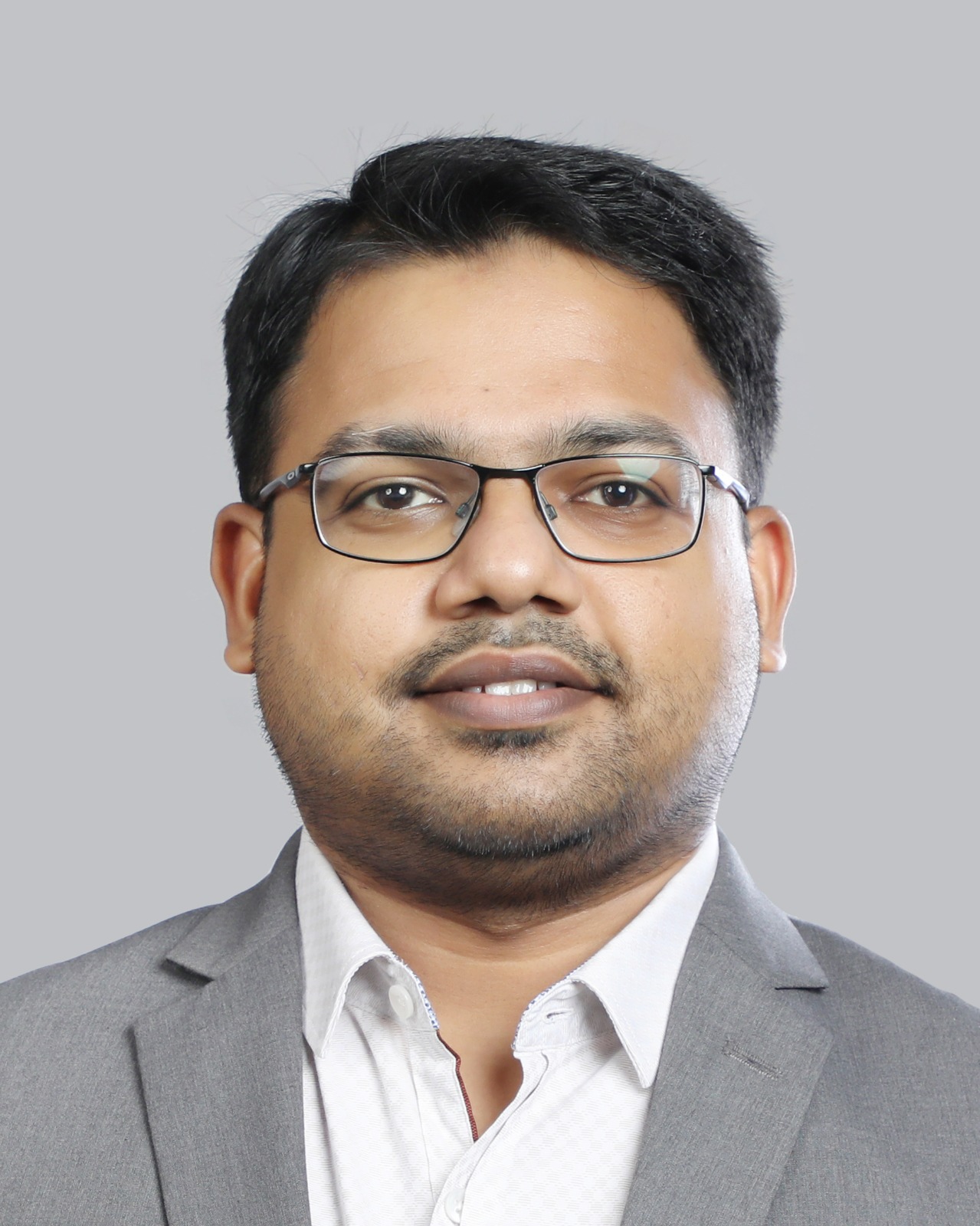Surgical oncology is one of the more important pillars of holistic oncology care. Proper surgical removal of solid tumours can often be the single most important aspects of cancer care in solid tumours.
The department of surgical oncology at ASTER MIMS, Kannur is fully equipped to handle all simple and complex oncological cases, thereby providing optimal surgical care for all necessary patients. Often, a well-planned, well- conducted onco-surgery can reduce patient discomfort and pain and also go a long way in reducing the complexity of other treatments as well. By giving the patient the benefit of the necessary skill and expertise needed, we can often avoid re-surgeries, unwanted investigations and also help in maintaining quality of life and cosmesis as well.
The department offers the latest cutting edge advances for patients with breast cancer, with breast conservation with oncoplasty and sentinel node biopsies, thereby enhancing cancer cure without adversely affecting patient quality of life. We are also well- equipped with minimally invasive techniques with respect to gynaecological cancer, colonic and rectal cancer, gastro-intestinal cancer and urological cancer. With the increased use of laparoscopy for these cancers, we can ensure ideal cancer control and also improve patient’s post-surgery pain relief and help them get back to normal life as soon as possible.
Being the only centre in Kannur and one of the few centres in Kerala to provide keyhole surgery for the lung, the department also provides world-class care in treatment of lung tumours. Single incision VATS surgery done in the department ensures proper surgical cure for different types of lung tumours through a very small scar, thereby greatly improving patient’s well-being after surgery. We also perform a number of other procedures like biopsies, chemoport insertions, excisions etc. With the help of our able medical oncology department and regularly conducted tumor board discussions, we ensure every patient gets the best possible care when it comes to oncology.
Teamwork is the best way forward in oncology and Aster MIMS, Kannur ensures it.
Our Doctors
We have some of the best specialists from around the world, they bring years of experience and offer evidence-based treatment to ensure the best care for you.





